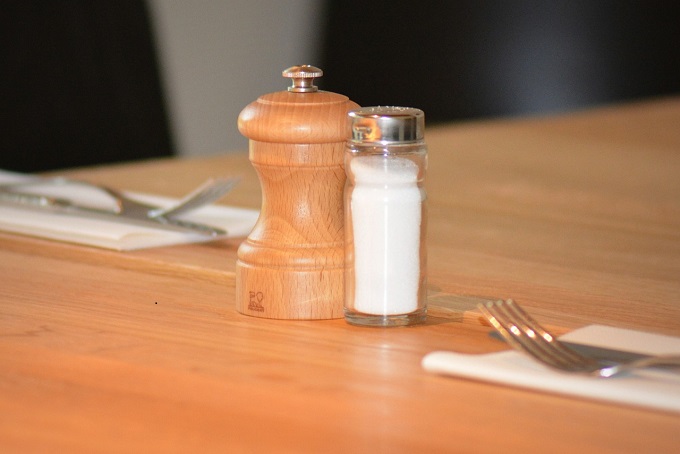Cutting on salt might actually increase risk of heart attack and stroke, the latest studies show. Although we know the contrary, look at the results of the study.

The latest studies show the contrary of what we have been thinking about salt so far. Although, we’ve read that high salt intake increases our blood pressure and heart problems, that’s not entirely true for everyone. Cutting on salt can also cause health problems.
How’s that possible?
Except for people who already have high blood pressure, everyone else should use more salt that the currently recommended dose. This research shows that people who have average salt intake are less prone to having a heart attack or a stroke.
What is an average salt intake?
So far, the recommendations were 1 teaspoon of salt per day. It turns out that the results of the study were: 2-3 teaspoons of salt per day are the perfect amount. So, the average salt intake for a healthy person is fine. Those who have hypertension or high blood pressure, should consume 1 teaspoon.
Cutting on salt might actually increase risk of heart attack and stroke
This study was based on the hypothesis that people who consume less salt are safe from getting a heart attack. The results of the study confirmed that cutting on salt can be as risky as consuming more than what the recommendations say. Only people with high blood pressure are at risk if consuming a lot of salt during the day and the death rate is higher than the others for them. So, reducing salt consumption is indeed necessary for people with hypertension, because salt puts blood pressure up. Other, perfectly healthy people are allowed to eat 2-3 teaspoons of salt daily.
A word of advice: Before deciding whether your blood pressure is high or low and how much salt to eat, check with your doctor. This is important for your health.
